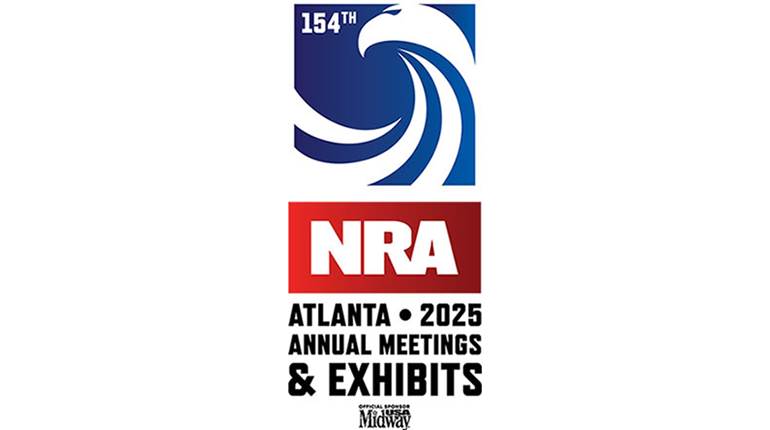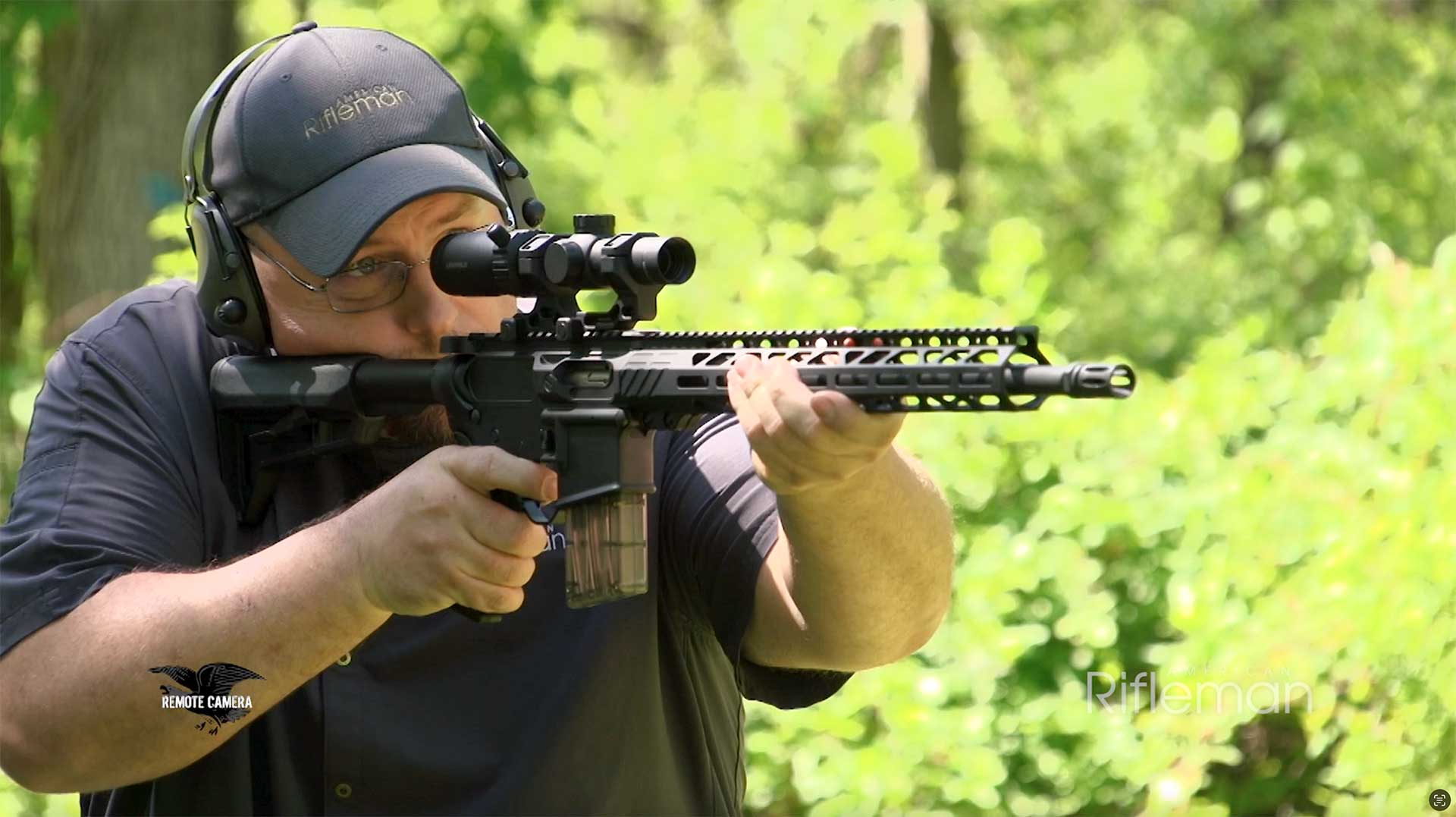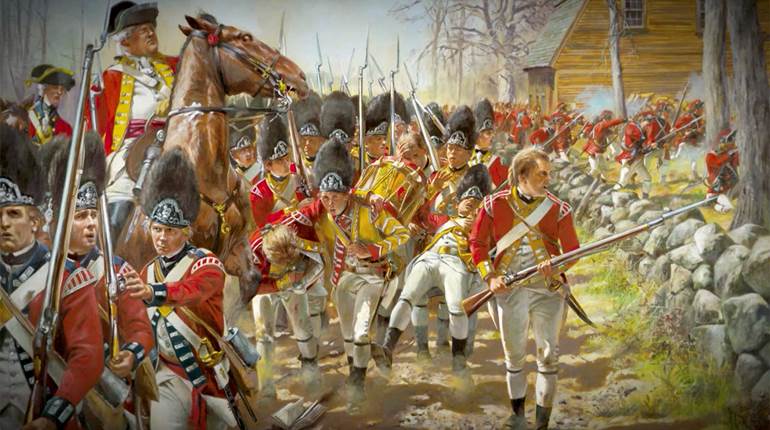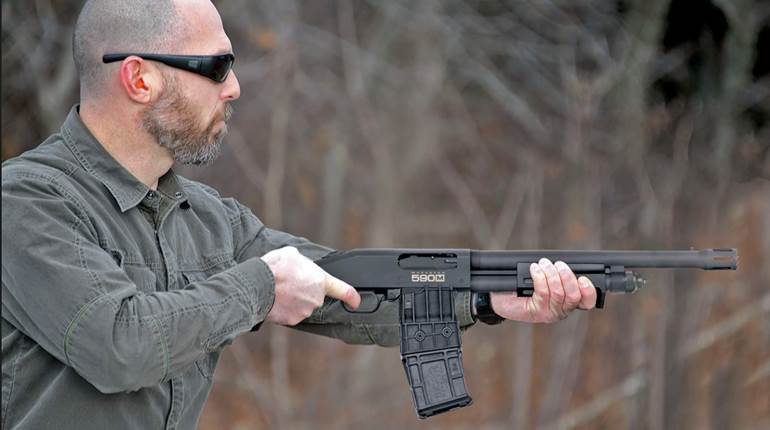
Companies, politicians and others rely heavily on survey results to maximize sales, modify policy and, in general, improve appeal. A study published by Populace—a Massachusetts-based think tank—late last month, however, may force some to rethink just how much they can rely on those numbers, at least when it comes to support for the Second Amendment. The increasing addiction to social media may be one factor widening every survey’s margin of error significantly.
One question respondents were asked in the “Social Pressure Index: Private Opinion in America” study was whether gun ownership should be outlawed. To determine just how much peer pressure affected response, the think tank employed the list survey technique, “… designed to maximize respondents’ privacy. Rather than directly asking respondents their opinion on a series of sensitive topics, list experiments conceal respondents’ answers as part of the methodological design by aggregating responses to sensitive items with other items, minimizing the biases introduced by social desirability and nonresponse. The private opinions of respondents were then contrasted against their public opinions on the same sensitive topics ... .”
The results related to firearm policies, dissected demographically, are interesting. Among Gen Z participants, 40 percent publicly support outlawing guns. The number drops nearly in half when peer pressure (21 percent) doesn’t come into play.
Twenty-four percent of white Americans in the study claimed to support banning of all firearms when peer pressure was perceived. With that concern removed, however, the figure dropped to 16 percent. Hispanic participants came in at 31 percent and 20 percent, respectively. The difference in Black and Asian responses also declined when answers were private, but by only three and five percent, respectively.
As for political affiliation, 31 percent of Democrats privately support making firearms illegal. That number is only 8 percent among Republicans. Across all Americans, 26 percent supported a ban publicly and 22 percent privately.
Interestingly, the two generations most addicted to social media also have the widest gap in the study’s results. Eighty-two percent of Millennials frequent Facebook, according to Ignite Social Media, a company that specializes in online marketing. Only 40 percent of Gen Z uses the platform. Their preference is SnapChat. Both groups average more than 2.5 hours a day on social media.
“According to both public polling and private opinion research results, support for making gun ownership illegal is a minority opinion,” the researchers concluded. That doesn’t come as a surprise, but a wild swing in public versus private response to Constitutional Rights question—likely only to increase proportionately with screen time—certainly does.





































